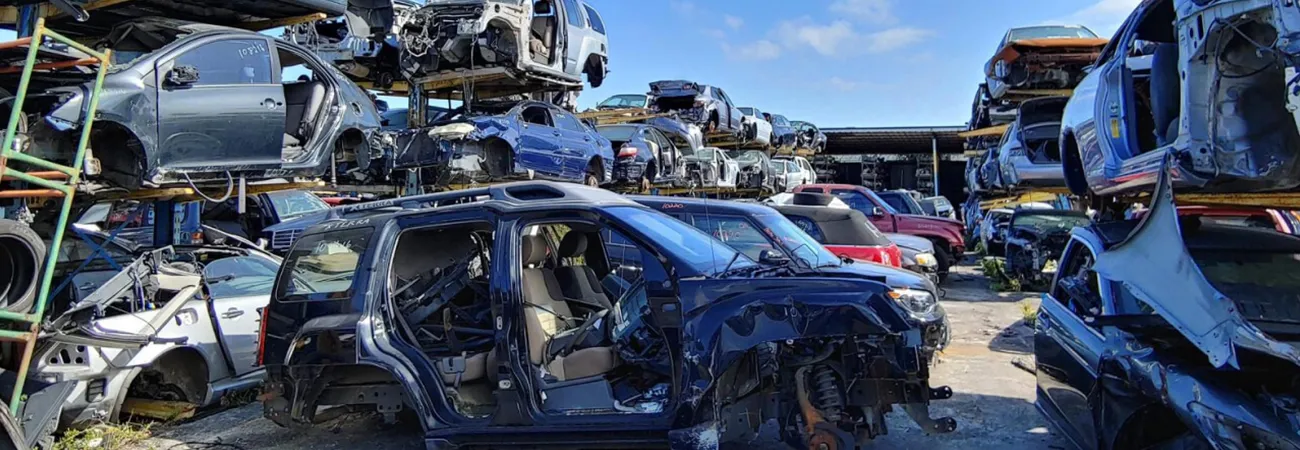i ECONOMY
Junkyard dealers in Faisalabad are making a fortune by hiring vendors to gather scrap from various places. They collect discarded items from houses, shops and industrial areas, and sell them for profit. One of them, Noor Ahmed, has bought a new house thanks to his booming business. His income has increased significantly in the past few months. He said scrap collected from homes, streets, shops, factories and even on roads is a treasure for him. He said the scrap industry is also part of Pakistan’s huge informal economy. “Once the junkyard business was considered an inferior trade, but now it is thriving with good pace and providing jobs to a large number of people,” said Amin, another junkyard dealer. He said more and more people are investing in the business, realising its potential. Scores of steel and plastic factory owners bought the recyclable material from him for use in their production processes. “We are converting trash into cash without any sort of government help. Now we are planning to import heavy crushers so that we can crush the scrap quickly rather than wait for labour to press it,” he added.
Junkyards have been set up in different parts of Faisalabad, and most of the shops and pushcart vendors in the city sell them the trash daily. However, no data is available as to how many junkyards are working and how much tax the dealers are paying to the government. Noor Ahmed, the scrap dealer, has hired over a dozen employees and given them pushcarts to collect scrap from houses. Elaborating his business strategy, Ahmed said he paid Rs10,000 to Rs15,000 to each vendor to collect scrap from houses. “We are helping people turn their scrap into cash and making them financially strong in the current scenario when inflation is hitting every segment of society,” he added. Rafiq, a pushcart vendor, is happy with his business. He said he collected scrap from homes and sold it to a junkyard owner. “First, I developed rapport with the families, where I regularly collected the discarded items from. After developing connections, I convinced them to sell their scrap and get cash rather than keeping it at home uselessly,” Rafiq said while revealing his business strategy. He said discarded items include home appliances, steel and silver-made items, gadgets, paper and plastic items. “We sort all such items before selling them to the junkyard owners.”
Rasheed, another junkyard owner in Ghulam Muhammad Abad area, where a large number of power looms are located, said people often trash old items as they have no knowledge of their worth. “We know the value of the discarded items and that's why we are earning handsome amounts,” he added. “We provide the junk to the manufacturing units at affordable rates, which is then used to make useful products,” he said. Zakar Hussain, who started collecting scrap from people after setting up a shop, said that his business is going good so far. Shaukat, an environmental activist, stressed the need for the country’s youth to take the junkyard business, which is contributing a lot to cleaning the environment. He said without getting even a penny the scavengers are collecting trash from roads, streets and markets and homes. “It's a win-win situation for the government and the society as well,” he added. These junkyards are also places where one can get quite durable items for household use. Ayesha, a Gulshan Colony resident, bought some household items from a nearby junkyard at low prices. She said the furniture was made of high-quality wood that was hard to find in the market nowadays.
Credit: Independent News Pakistan (INP)









